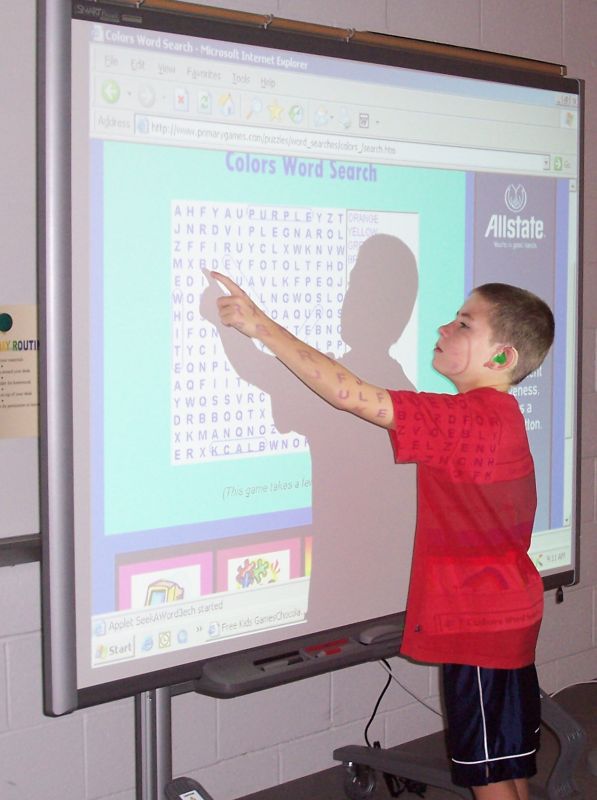This is the second time I've watched this video and I am still just as inspired as I was the first time. It is amazing how upbeat he is. Once he acknowledged the big elephant in the room, I couldn't help but google him. It just made the next few words I heard from him, mean that much more. I still can't believe how great of shape he was in, with only a few months left to live. This healthy looking, upbeat guy, with such a positive outlook on life, passed away a short six months later. It's crazy how it usually takes someone who was born with a debilitating disease, or someone who knows they only have a few months left, to convince the rest of us to straighten up, look on the bright side, and live for the moment. They don't sit around and feel sorry for themselves, those of us who are fortunate enough to not have expiration dates do that for them. The ones that are blessed enough not to have our days numbered are the ones that do nothing with our lives, because we assume that we have a lifetime ahead of us.
He learned from his life experiences. His football coach, who at the time he thought was being unfair, kept riding him during practice. I know that everyone feels the same way when teachers and parents are constantly riding their cases. I am constantly biting my tongue, because I just want to scream, "Why don't you get off my back, because I do ten times as much work as them!" But like he said (and like I have learned over the past few years), it's never a bad thing, until they stop riding you, because that's when they give up on you. I will ride my students. I won't give up on a single one of them. Enthusiasm. Enthusiasm. Enthusiasm. If I could teach my students only one thing, it would be enthusiasm. For your subject, for your project, for your education, for your life.
The brick wall. I absolutely love the idea of the brick wall. Everyone, including me, encounters bricks walls in their lives. Some, no most, of the brick walls I have encountered, I have just walked away from. Which let me know that obviously it wasn't that important to me, so I wasn't meant to do it. I like that he didn't tell them at the beginning of the semester that they had already surpassed his expectations, because it would have been an injustice to them. I think students need to know that they are at least headed in the right direction, but if all they hear is praise, then they'll have no reason to go any further. I hope that one day a project that I start has an impact as great as his. That could never have been done with a book and a pencil. He gave his students limitless possibilities and from that the teacher became the student and they were both able to learn together. He emphasized the reason that it was so successful was because they had so much freedom. It was a project-based curriculum, where there were many field trips, hands-on learning, and no reporting to the deans. Is obvious why it was so successful. It was exciting. Who gets excited about a book? No one. Who gets excited about a field trip? Everyone. I hope my class will be similar to this. OHHH! And the self-reflective bar graphs. Wow. That is just awesome. I wonder, if there was a bar graph that showed how easy I was to work with, would I be at the top or the bottom? This whole head-fake thing is also very important. We've learned through this method since we were in little league. We thought we were simply learning how to hit a ball, but we were really learning values like perseverance and character. Learning not to throw the bat down when you got so ticked off because you couldn't hit the ball. You just kept trying until you could. So while learning how to hit, throw, and catch a ball, you actually learned many values that you had no idea you were actually learning. When I teach my students, I want them not only to learn that they must learn the material, but that they must continuously be involved in their learning, and they must be responsible for their learning. His legacy is learning something hard while having fun. Well I would say that is something worth being proud of. His parents could be the best teachers ever, especially when it came down to the little things like letting his imagination run wild by letting him paint his room. He really is a salesman of education. And a pretty darn good one. I want to Be a Tigger! I want to Have Fun! I want to use this in my classroom to headfake my students. I want their excitement to boil over. I want them to have so much fun that they have no idea that they are learning anything at all.


